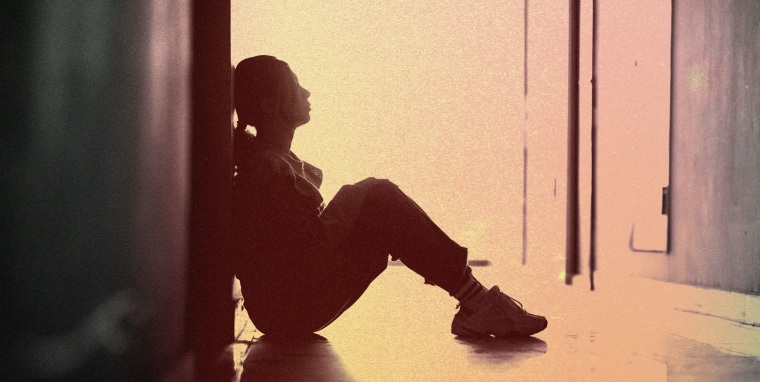For immigrant and second-generation Asian Americans, concealing one’s background can sometimes be a means of survival, experts have said. New data shows just how prevalent this phenomenon is in the U.S.
According to a report released last week by the Pew Research Center, 1 in 5 Asian Americans have hidden parts of their culture from non-Asians at some point in their lives. This was especially prevalent, researchers found, among children of immigrants, English-only speakers and Democrats.
“They either changed their behaviors or didn’t talk about their heritage or changed their clothing just to fit in, especially those who were around people who are not Asian or in schools that were predominantly without Asian people,” said Neil Ruiz, head of Pew’s new research initiatives and one of the authors of the report.
A man in his early 20s whose parents are Pakistani immigrants told researchers he hid his background from his peers throughout school, particularly after U.S. special forces killed Al Qaeda leader Osama bin Laden there in 2011.
“After that happened, I was like, ‘Yeah, I’m definitely not saying I’m Pakistani,’ because people were coming up to me and they’re like, ‘Oh my God, they killed your uncle. They found him in your homeland,’” he said.
Ruiz and his team found that those aged 18 to 29 were twice as likely as older Asians to have kept parts of themselves — like ethnic food, garments or religion — from non-Asian peers. According to the report, 39% of Asian Americans adults under 30 have done this at some point in their lives.
As they age, Asians are less likely to hide their background, the data showed. Twenty one percent of Asians between the ages 30 to 49 have done so, versus 12% of Asians 50 to 64 and just 5% of those 65 and older.
Those born abroad also see far lower numbers when it comes to concealing their heritage.
“You only see 15% of Asian Americans having hidden their culture if they were born abroad,” Ruiz said. “These are people who know their language, they grew up in a different country.”
Asian Americans who primarily speak English were more likely than bilingual Asians and Asians who primarily speak a foreign language to have hidden their culture. Democrats surveyed were also much more likely to have concealed their heritage, with 29% saying they had compared to only 9% of Republicans.
Community experts say these points aren’t entirely surprising, especially since younger Asian Americans are overwhelmingly Democrat. According to an earlier Pew survey, 73% of U.S.-born Asians lean Democrat, while about a quarter lean Republican.
“It is often the U.S.-born who are more worried about embracing American culture that they see in tension with their ethnic culture,” said Pawan Dhingra, a professor of American studies at Amherst College. “And given that these are the people most likely to be English fluent and be Democrats, those other statistics are also not too surprising.”
Ruiz said there were a few key reasons the people surveyed cited for hiding their culture. For young second-generation Americans, the answer was fairly obvious, he said.
“They’re trying to reconcile their parents’ culture with trying to fit into American society,” Ruiz said. “What their parents are teaching them about their heritage versus what they’re learning in school…It’s about fitting in.”
Some recent immigrants also said they kept their culture quiet when first arriving to the U.S. out of fear of judgment. Others had different reasons.
“Some multiracial Asian Americans and those with more distant immigrant roots (third generation or more) said they had at times hidden their heritage to pass as white,” the study said.
But despite the forces that might make young people want to hide these roots, the data is promising in a way, and it may even signal progress, Dhingra said.
“The bigger takeaway, in my opinion, is that it was only 1 in 5 who hide their culture,” he said. “Obviously we don’t want anyone to feel that they need to hide their background, but the statistics could be worse.”

